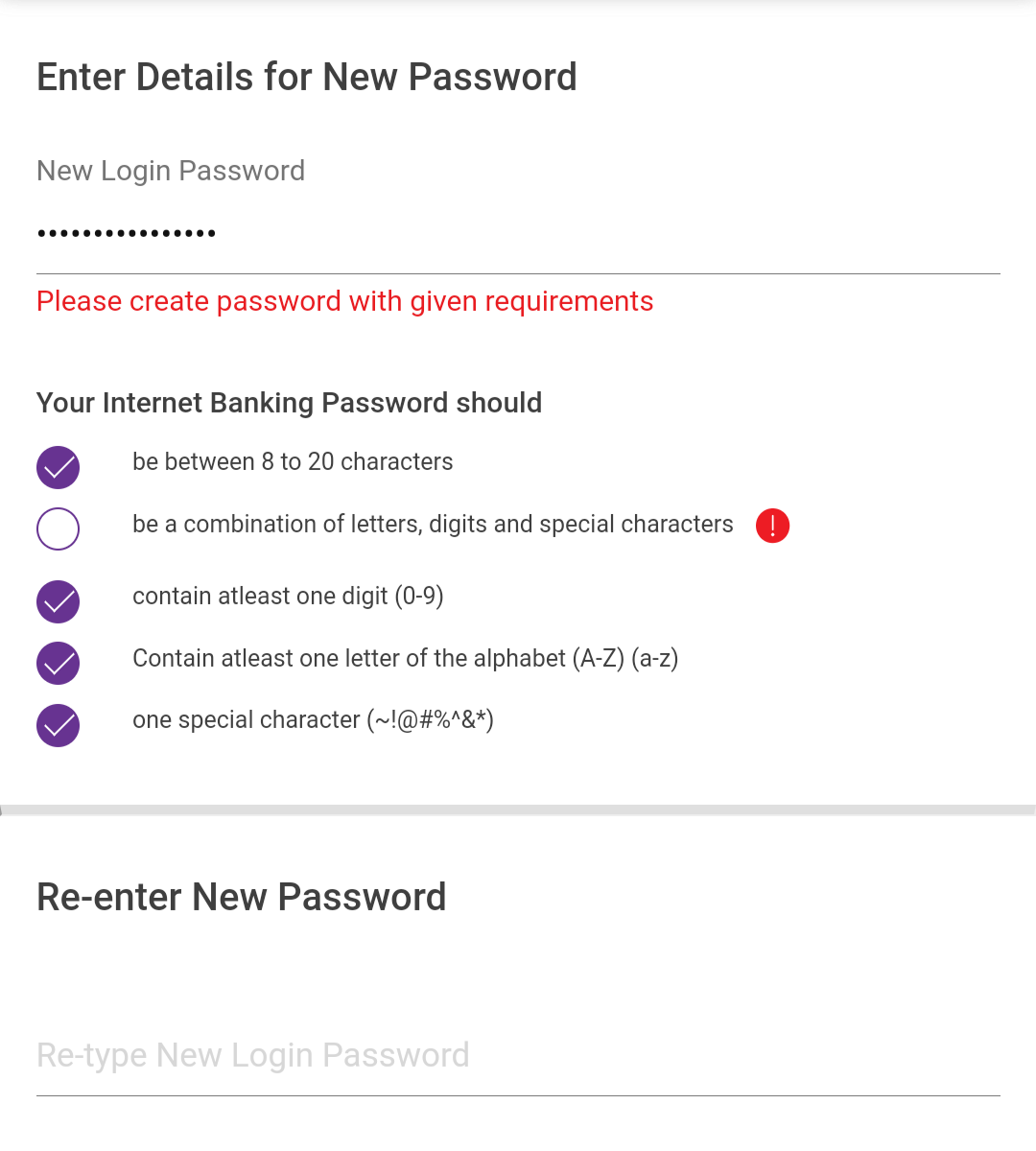this post was submitted on 09 Sep 2024
590 points (99.5% liked)
Programmer Humor
19817 readers
222 users here now
Welcome to Programmer Humor!
This is a place where you can post jokes, memes, humor, etc. related to programming!
For sharing awful code theres also Programming Horror.
Rules
- Keep content in english
- No advertisements
- Posts must be related to programming or programmer topics
founded 2 years ago
MODERATORS
you are viewing a single comment's thread
view the rest of the comments
view the rest of the comments

Yeah no worries and agreed. I hate seeing commercial sites using worse password sanitization practices than I used for my first development website that wasn't even really intended for anyone else to log in to and any max length suggests the password is either stored or processed in plaintext.
IMO it should even be hashed on the client side before being sent so that it doesn't show up as plaintext in any http requests or logs. Then salted and hashed again server side before being stored (or checked for login).
But if someone got that hashed version they could hack the client to have client side hashing code just send that hashed value to the server. You'd want to have the server to send a rotating token of some sort to use for encrypting the password on the client and then validate it on the server side that it was encrypted with the same token the server sent.
Seems complicated to me... https is probably has good enough encryption, so eh, whatever.
Yeah, if they are able to intercept traffic or access the logs, they probably already have other access to the account without needing the password. If you don't reuse passwords, then your other accounts will be safe from that.